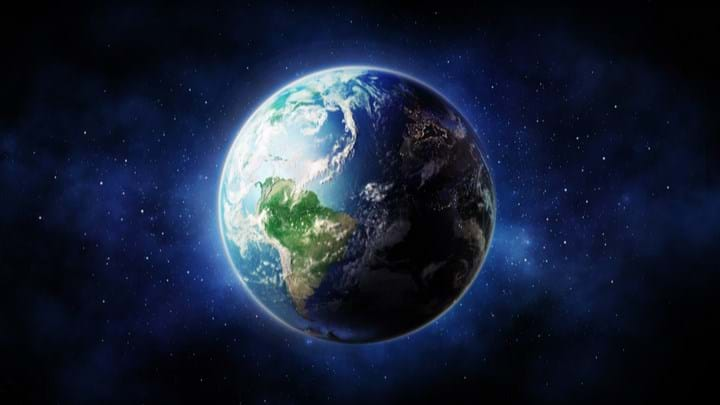Prince William unveils third class of Earthshot Prize finalists leading the way in climate change solutions

A GREENER and more easily recycled lithium-ion battery, a microbial fuel cell for cleaning water while generating electricity, and polycotton recycling technology are among the 15 developments across six continents that could receive a share of £5m (US$6.1m) from the Earthshot Prize this year.
Launched in 2020, the Earthshot Prize recognises cutting-edge solutions to climate change, each falling into one of five categories: protect and restore nature; clean our air; revive our oceans; build a waste-free world; and fix our climate.
Featured in this third cohort of finalists is technology developed by Chinese company GRST (Green, Renewable, Sustainable Technology) that offers a cleaner process for making batteries that pollute less, use fewer components, and can be more easily recycled. In place of toxic solvents and hard-to-recycle materials, GRST’s batteries are made using a water-soluble binding composite that enables lithium, cobalt, and nickel to be more economically recovered at the end of a battery’s life. The materials can then be reused in new batteries, reducing demand for further extraction.
GRST’s technology reduces greenhouse gas (GHG) emissions from production by 40% and produces a battery that can last up to 10% longer than average. The batteries are already for sale in multiple countries, and following the recent completion of a new factory, the company is ready to scale the technology.
US-based Aquacycl offers a method for fixing the climate through its Bioelectrochemical Treatment Technology (BETT) for more affordable, efficient, and less carbon intensive industrial wastewater treatment. The technology relies on a microbial fuel cell that uses naturally occurring bacteria to make polluted water safe, while generating usable electric current.
Aquacycl’s treatment units remove pollutants at a rate ten times higher than conventional wastewater treatment technologies, reduce greenhouse gas emissions from treatment, and lower costs. The technology already in use, an Aquacycl system at a PepsiCo plant mitigated more than 800 tonnes of CO2e in one year.
Circ, also a US company, developed polycotton recycling technology that could help to build a waste-free world. It involves completely separating polyester from cotton using Circ’s patented hydrothermal process, which turns polyester fibres into a liquid polymer. By preserving and separating the polyester without damaging the cotton, Circ’s technology allows both to be reused to produce new textiles, while substantially reducing carbon emissions.
The company has already allowed 103 tonnes of waste textiles to be diverted from landfill and prevented 130,000 kg of carbon dioxide emissions. Within the next three years, the company aims to open a factory capable of recycling 60,000 t/y of textile waste.
In the running in the same category is Colorifix, a UK company that takes the genetic codes for colours found in nature, and inserts them into microbes that then produce the pigment and fix it to fabric. The company’s natural dyes reduce chemical pollution by 80%, and cut the water needed for rinsing.
The five winners will each pocket £1m, with all the finalists receiving a year of mentorship, resources, and technical support through the Earthshot Prize Programme, helping them to accelerate the growth of their solutions. Support includes access to the Prize’s robust network of influential businesses, investors, and climate experts.
The finalists were announced at the second Earthshot Innovation Summit. Hosted in partnership with Bloomberg Philanthropies, and alongside the UN General Assembly, the summit brought together new and previous Earthshot finalists and winners with business leaders, philanthropists, and governments aiming to drive meaningful change.
Chosen from 1,300 nominees, the 15 finalists will be trimmed down to five winners at a ceremony on 7 November in Singapore. The ceremony, which will be accompanied by a series of events as part of Earthshot Week, will be aired around the world via broadcast partners that have yet to be announced and will also be available on YouTube.
Recent Editions
Catch up on the latest news, views and jobs from The Chemical Engineer. Below are the four latest issues. View a wider selection of the archive from within the Magazine section of this site.




